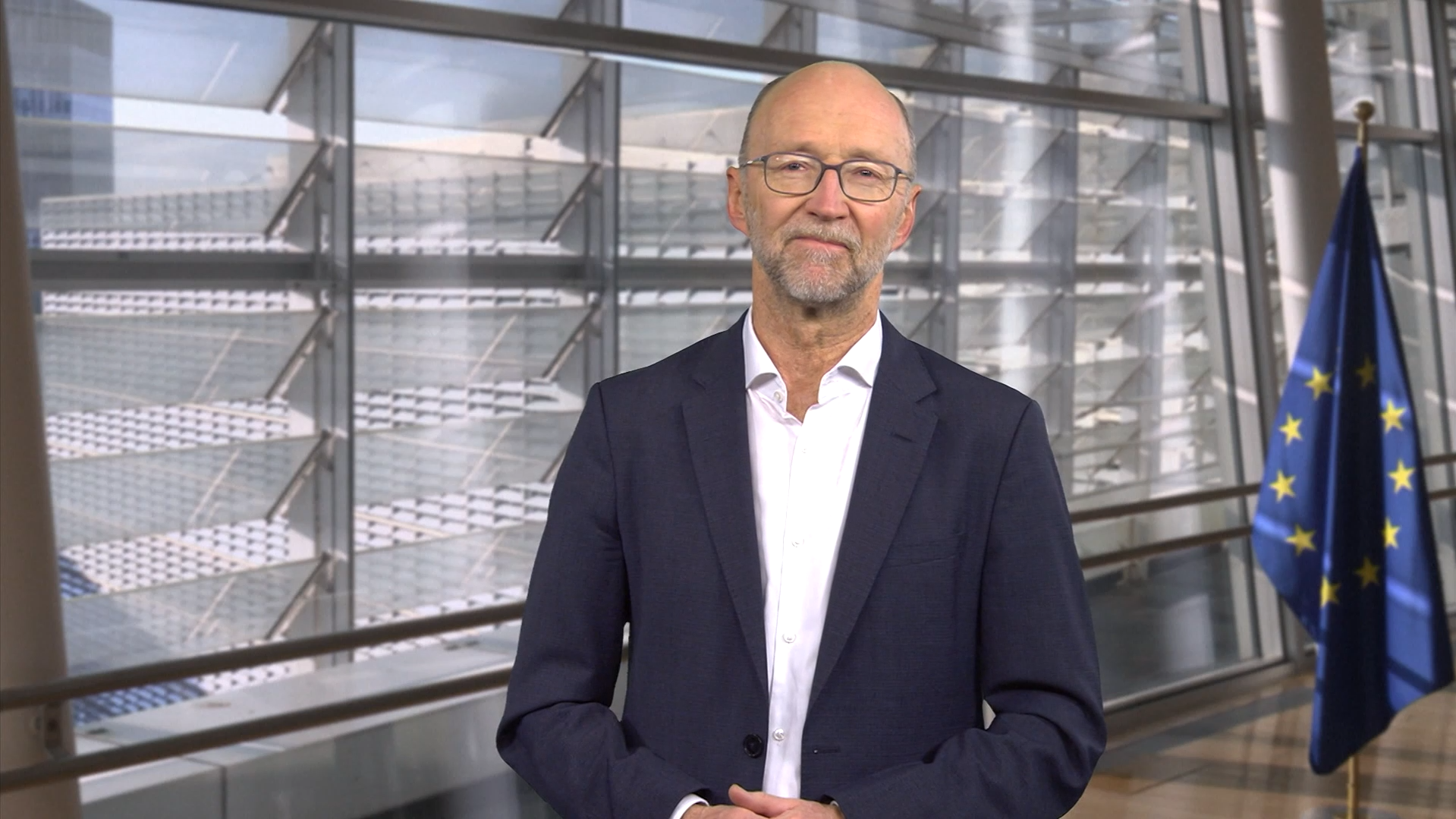Student accommodation is a growing market in the Nordics, and it is a market that is linked with certain challenges unique to the region. This market growth is driven by increasing enrollment in higher education institutions and a shortage of traditional student housing. According to a report by Savills, the purpose-built student accommodation market in the Nordic region has grown by an average of 7% annually over the past five years, and is expected to continue to grow in the future.
One of the key drivers of this growth is the increasing enrollment in higher education institutions in the Nordic region. According to data from the Organisation for Economic Co-operation and Development (OECD), the enrollment rate in tertiary education in the Nordic countries is among the highest in the world, with an average of 59% of 25-34-year-olds in the region having completed tertiary education. This trend is expected to continue in the future, with enrollment in higher education institutions projected to increase by 4% annually over the next five years.
Another key driver of the growth in PBSAs in the Nordic region is the shortage of traditional student housing. According to a report by Colliers International, the student housing vacancy rate in the Nordic region is currently around 2%, which is significantly lower than the average vacancy rate of around 5% in other European countries. This shortage of traditional student housing is expected to continue in the future, as the population of students in the Nordic region is projected to increase by 2% annually over the next five years.
The sector is also distinguished from the rest of Europe by certain specific dynamics in student demand, regulations, and the rental market. For example, according to Lauri Lehtoruusu of SOA, one of the distinct feature of the Nordic market is that very few students live with their parents in their home compared to the rest of europe. Based on data from Eurostudent, the percentage of students living with their parents can get as low as 4.6% and 8.6% like in Finland and Norway respectively. Dynamics like these are linked with Nordic student preferences for privacy and independence when it comes to demand for housing. In Sweden, an article by the BBC highlighted that the culture of individualism there dates back centuries and young people are encouraged to engage in this sort of independence. And while the freedom of it seems like a lofty ideal for many, it comes with the downsides of loneliness and individual struggles that not all are prepared to deal with.
This then prompts the conversation around how student accommodations should be made in a way that caters to the needs and wants of students for individualistic behavior while simultaneously maintaining their well-being and fostering strong communities. While privacy still remains important for students in the Nordics, the increase in loneliness among them is something that should be seriously considered as well. Currently, most students opt to live in studios and there is debate regarding the revision of student housing support. It is because of these trends that shared accommodations are not that common. According to Rebecka Eidenert of Studentbostäder i Norden, the Nordic PBSA market is indeed underdeveloped in areas regarding ancillary services and common areas compared to the rest of Europe.
In contrast to the norm however, PBSAs in the Nordic region are starting to see the increasing popularity of the co-living concept. According to a report by JLL, co-living is becoming an increasingly popular housing option for students in the Nordic region, as it offers a more flexible and affordable alternative to traditional student housing. While most of the demand has been for studios and this is what has been built, there is still a demand for common facilities. For many young people and students, not wanting to share an apartment doesn’t mean they don’t want to socialize, so this might be one of the ways privacy can be balanced with alleviating loneliness.
At the Nordic forum on the 26th, we seek to delve deeper into the behavioral trends, shift in societal norms, and dynamics regarding individualism vs community-based living in the Nordic market.




